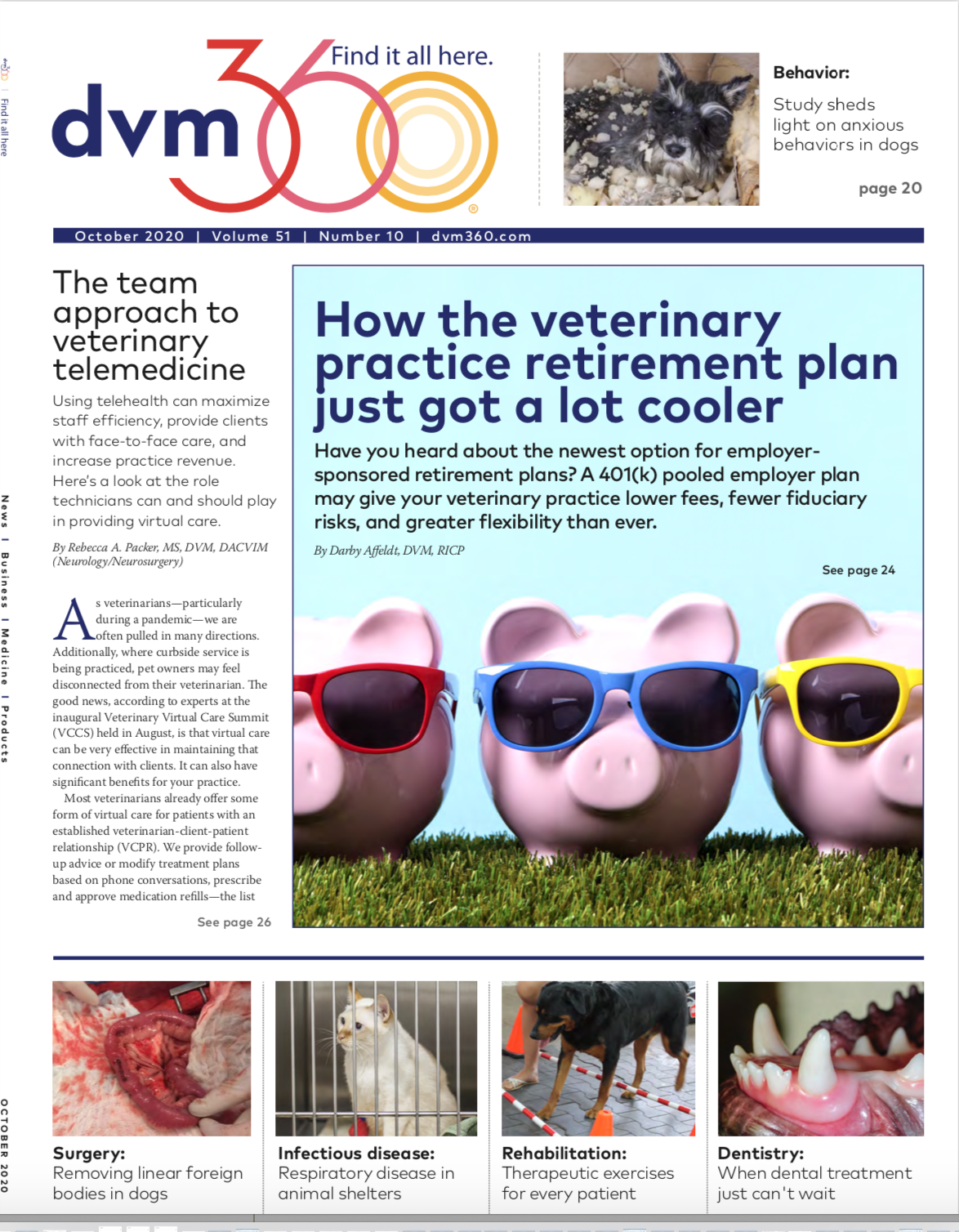TGen launches Vidium Animal Health
Genomic based-precision medicine from the TGen subsidiary provides additional resources to assist both veterinary oncologists and pet owners in the diagnostics and treatment of canine cancer.
Translational Genomics Research Institute (TGen), an affiliate of California-based cancer research and treatment center City of Hope, has announced the launch of Vidium Animal Health, which provides genomic-based precision medicine to both veterinary oncologists and pet owners.
“Vidium is built around the human-animal bond,” says President David Haworth, DVM, PhD. “When a pet is diagnosed with cancer, it can be a really scary time for everyone, so we want to offer the very best information, and hope, that science can offer.”
The company offers SearchLight DNA, “a test designed specifically to identify any of the nearly 120 known cancer-associated genetic mutations in dogs, and use the molecular profile of misbehaving genes to help guide diagnosis and treatment,” according to a company press release.
“Vidium was born from our finding that the genetic underpinnings of canine cancers reflected the same fundamental science that allowed us to apply precision medicine toward treating human cancers,” says Will Hendricks, PhD, an assistant professor in TGen's Integrated Cancer Genomics Division who has worked for years in the comparative oncology space.
“It’s clearly a two-way street, with both humans and dogs benefiting from the exchange,” Hendricks says. “Cancer gene mutations that have clinical importance in canine oncology are abundant, and with SearchLight DNA, our goal is to equip veterinarians with the best information possible to help guide the clinical management of the dogs in their care.”
SearchLight DNA reports aim to strengthen the communication gap between veterinarians and pet parents, with scientific language in the clinician’s report paired with lay language for pet owners.
Katie Banovich, Vidium's director of operations, said the absence of genomic technology in the care of pets is a tremendous void that Vidium hopes to fill, but only with the participation of veterinarians and pet parents.
“Through application of multi-disciplinary genomic science, we want to position Vidium as a partner in the veterinary care team,” Banovich says. “We want to be a guide. We want to work with veterinarians.”
